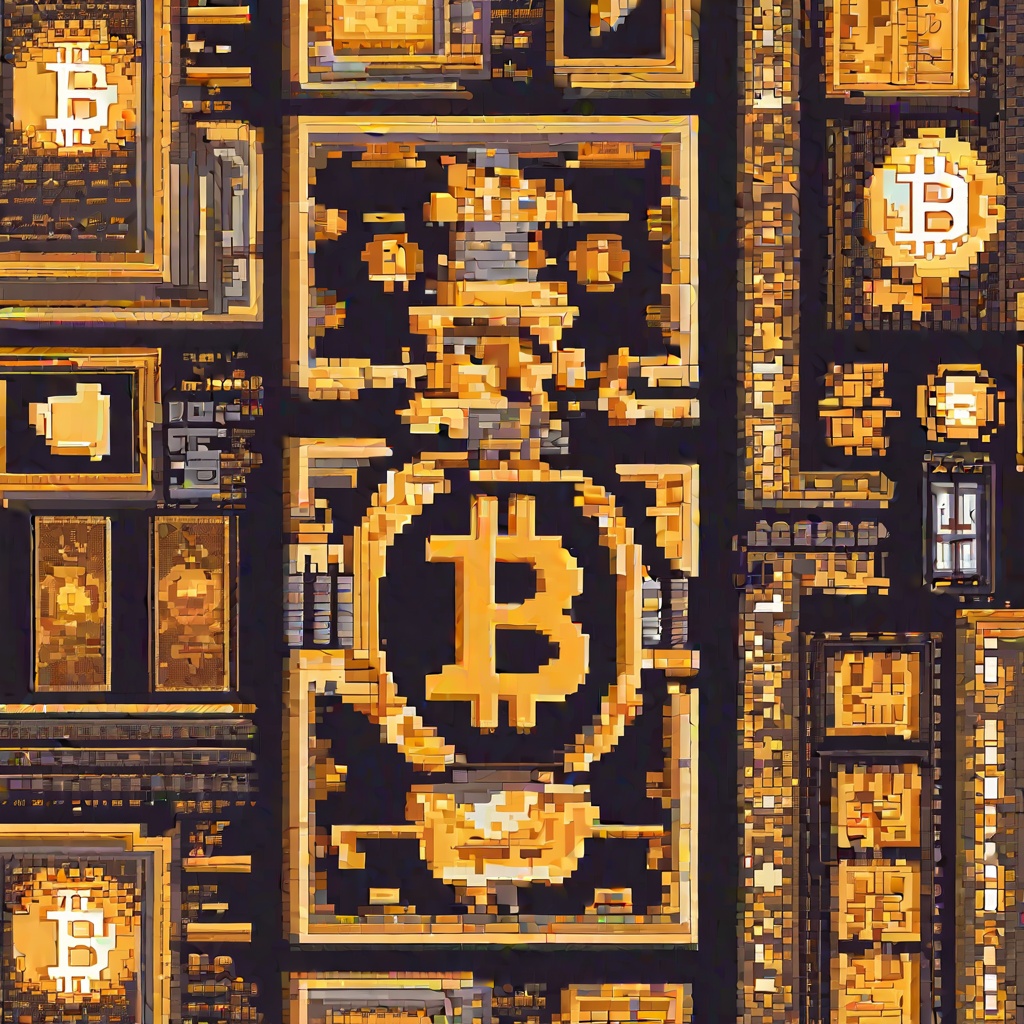What is currency and how does it work?

5 answers
Was this helpful?
Was this helpful?
Was this helpful?
Was this helpful?
Was this helpful?

Was this helpful?
Was this helpful?
Was this helpful?
Was this helpful?
Was this helpful?